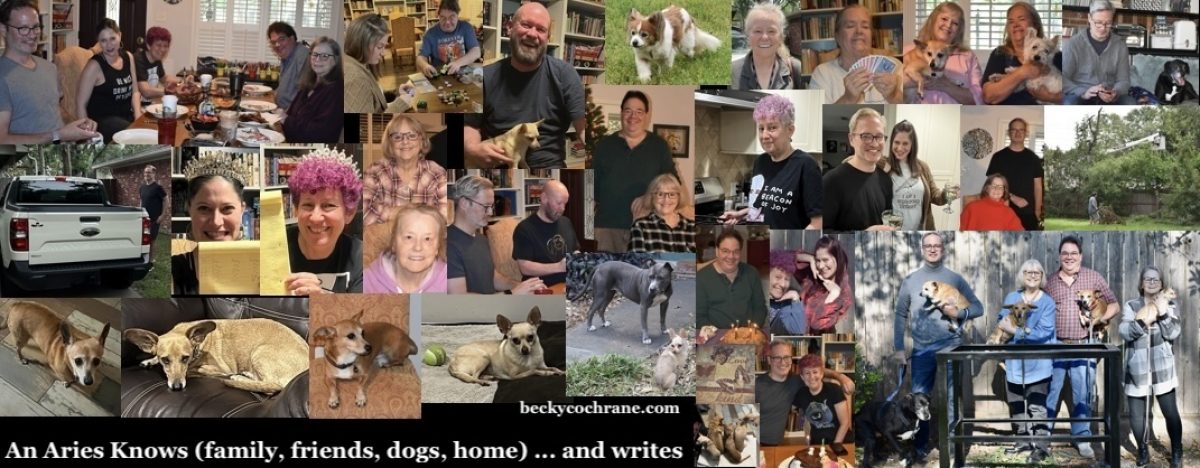Tim and I led a discussion on Friday at Saints & Sinners titled “Ask An Anthology Editor Anything.” Since it was added late and didn’t make it into the program, we heard a lot of “I couldn’t find your panel! I meant to attend!” afterward. Although I think some of that translates to: “I had too much crawfish étouffée and too many hurricanes at lunch and couldn’t find y’all. Or my hotel room. Who are you, again?” No matter. It was a good discussion with good writers in attendance, and we’ve been sent some new stories because of it, so onward!
On Sunday morning, I attended “Cleanup on Page 23: The Role of Editors and Editing in Your Book’s Success.” This was superbly moderated by Michele Karlsberg (curator of OUTSPOKEN: Gay and Lesbian Literary Series; author of Self Publishing Gay Books). The panelists offered a range of editorial experience and included Jameson Currier (founder, publisher, and editor of Chelsea Station Editions), Michael Thomas Ford (What We Remember; Changing Tides; Full Circle; Looking for It; Last Summer; Suicide Notes), Kelly Smith (publisher and editor-in-chief at Bywater Books), and Ruth Sternglantz (former editor at Farrar, Straus & Giroux; currently at Bold Strokes Books).

In our session, Tim and I expressed how being writers affects our approach to editing, and it was interesting at the Cleanup panel to hear the perspective of editors who don’t write. I think we all want the same thing–to find good writers and encourage good writing. Sometimes that requires tough editorial choices–within a story or novel and within a collection of stories. It’s not easy to reject a writer’s work, and it’s frustrating to have too little time to be able to give a lot of constructive criticism.
When I receive a story, I read the first paragraph. If it’s not engaging, I put it aside. If it’s engaging, I flip to the end and read the last paragraph. If it’s mesmerizing, I keep reading after that first paragraph until I get to the end. Though I don’t put equal emphasis on everything, I notice everything: voice, pacing, arc, imagery, character, plot; grammar, consistency, spelling, mastery of how to punctuate dialog; formatting.
What does all that mean to you as a writer? Let someone else read it BEFORE you submit it. Let someone tell you what in your content isn’t working. Find beta readers who aren’t your mom and your best friend. Listen to their input and make decisions about changes without emotion. Get that story or novel in the best shape you can, and then follow submission guidelines. Don’t send unsolicited work if only a query is accepted. If you send work in response to calls for submissions, make sure it adheres to guidelines for length, genre, and theme if one is given.
If it gets rejected, keep working on it. Because trust me, when it gets accepted, you’ll still be working on it with content, line, and copy editors at your publishing house. And when it’s finally published, and you can bear to read it for the two hundredth time, you’ll still find yourself thinking, Wish I’d chosen a better word there. Why did I commit that new writer error, ARGH. Wait–isn’t that supposed to be “led” and not “lead?” OMG, WHO CHANGED FRANKIE SAY RELAX?!?
Good luck!
